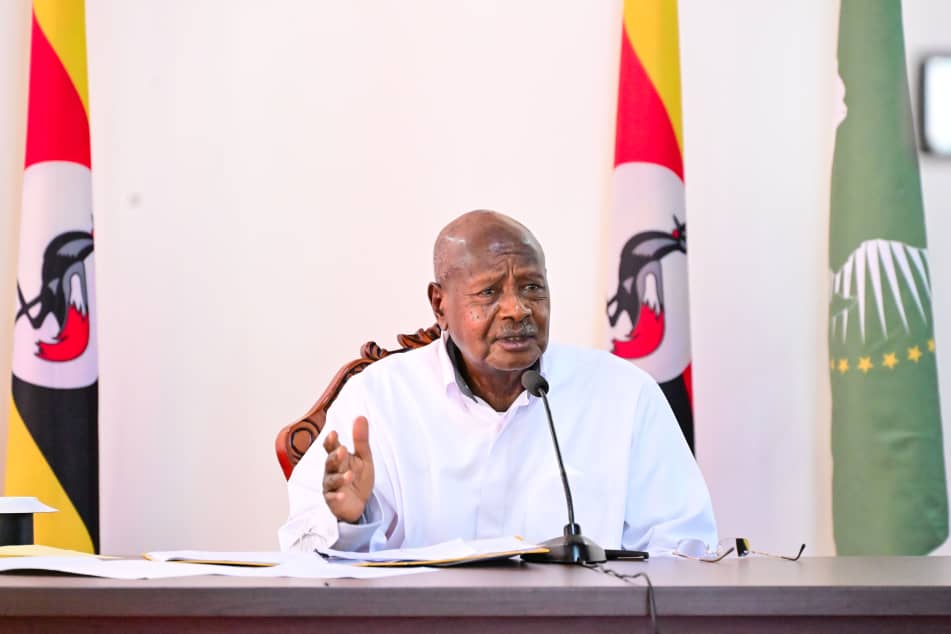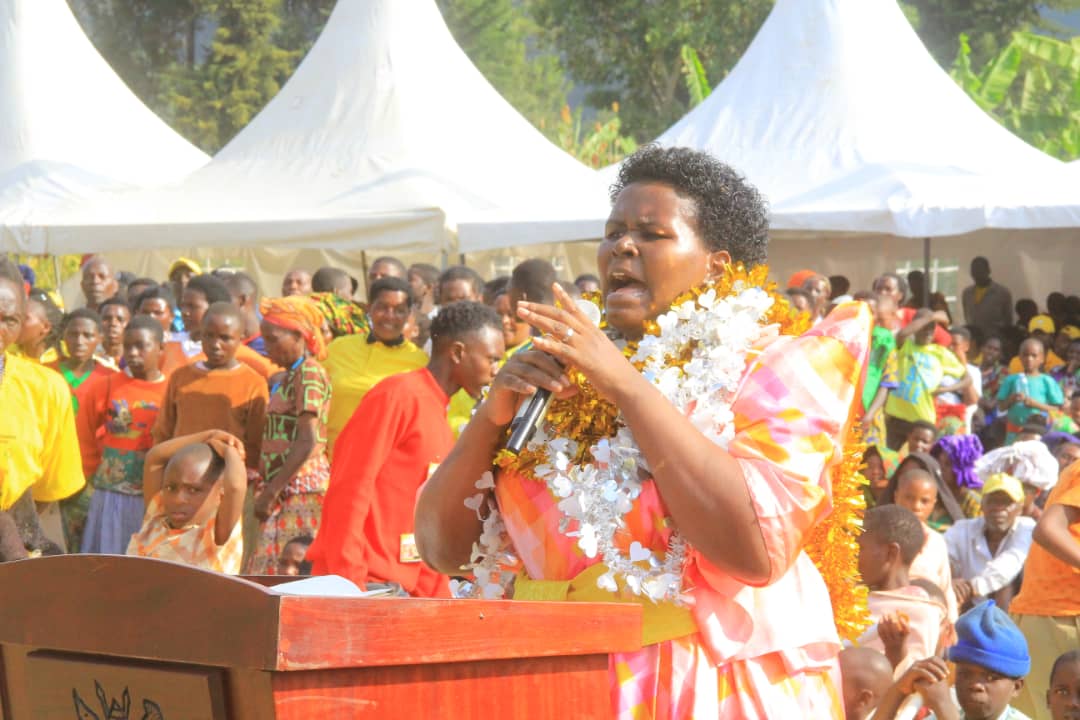Traditional Justice: How Corruption Was Dealt with in the Past

In the days of old, corruption was not tolerated in Ugandan society. Traditional leaders and elders had a stern approach to dealing with corrupt practices, ensuring that those who engaged in such behaviour were held accountable.
In many African cultures, including Uganda's, traditional justice systems were based on restorative justice, focusing on repairing harm and promoting healing rather than punishment. However, when it came to corruption, the approach was more punitive.
In Buganda Kingdom, for instance, corruption was considered a serious offence, punishable by fines, public humiliation, or even banishment. The Kabaka's (King's) courts dealt harshly with corrupt officials, setting an example for others.
Similarly, in the Ankole Kingdom, corrupt leaders faced severe consequences, including loss of status, fines, or even physical punishment. The Omugabe (King) ensured that justice was served, maintaining the integrity of the kingdom.
In some cultures, corruption was addressed through rituals and spiritual practices. The Acholi people, for example, believed that corruption was a sign of spiritual imbalance. Elders would perform rituals to cleanse the community and restore balance.
While these traditional approaches may seem harsh by modern standards, they demonstrate the severity with which corruption was viewed in the past. As Uganda grapples with corruption today, perhaps it's time to revisit and adapt these traditional practices to complement modern justice systems.














